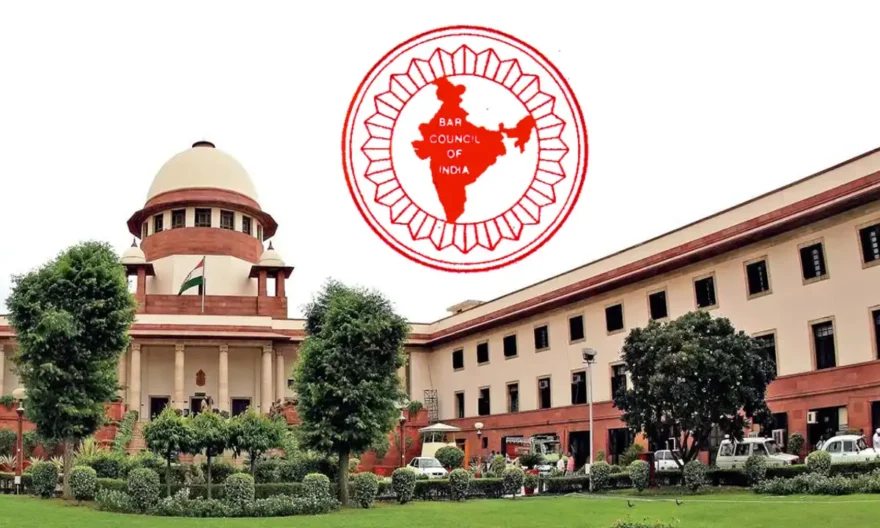
The Supreme Court has recently affirmed that the Bar Council of India (BCI) is vested with the powers to establish qualifications and requirements for advocates seeking enrolment with State Bar Councils.
In light of a recent decision by a Constitution Bench in Bar Council of India vs. Bonnie Foi Law College & Ors., a bench of Justice Vikram Nath and Justice PV Sanjay Kumar upheld the BCI’s rule, which mandates that candidates seeking enrolment as advocates must have completed their course from recognized law colleges.
“The Constitution Bench held that the BCI’s role prior to enrolment cannot be ousted and the ratio decidendi in V. Sudeer (supra), that it was not one of the statutory functions of BCI to frame rules imposing pre-enrolment conditions, was erroneous. It was categorically held that Section 49 read with Section 24(3)(d) of the Act of 1961 vested BCI with the power to prescribe the norms for entitlement to be enrolled as an Advocate… Viewed thus, the rule framed by BCI requiring a candidate for enrolment as an Advocate to have completed his law course from a college recognized/ approved by BCI cannot be said to be invalid, as was held in the impugned order“, the bench stated.
This judgment was passed in response to an appeal filed by the BCI against a decision of the Orissa High Court, which had directed the respondent in the case to be enrolled as an advocate despite graduating from Vivekananda Law College in Angul, an unrecognised institute.
In September 2012, the High Court granted the respondent’s plea and restrained the BCI from imposing any additional conditions for enrolment. The plea focused on whether the BCI possesses the authority to regulate matters concerning the educational qualifications of advocates before their enrolment.
The Supreme Court noted that the Orissa High Court had relied on the dictum in V. Sudeer vs. Bar Council of India & Anr. However, the constitution bench’s earlier judgment this year declared that the ruling in V. Sudeer was not valid.
The Constitution bench judgment established that the BCI possesses broad pre-enrolment powers. Considering this, the Supreme Court allowed the BCI’s appeal and overturned the decision of the Orissa High Court.
“We, therefore, have no hesitation in holding that the Division Bench was not justified in directing the enrolment of respondent No. 1 as an Advocate, despite the fact that he secured his law degree from a college which was not recognized or approved by BCI,” the judgment reads.




